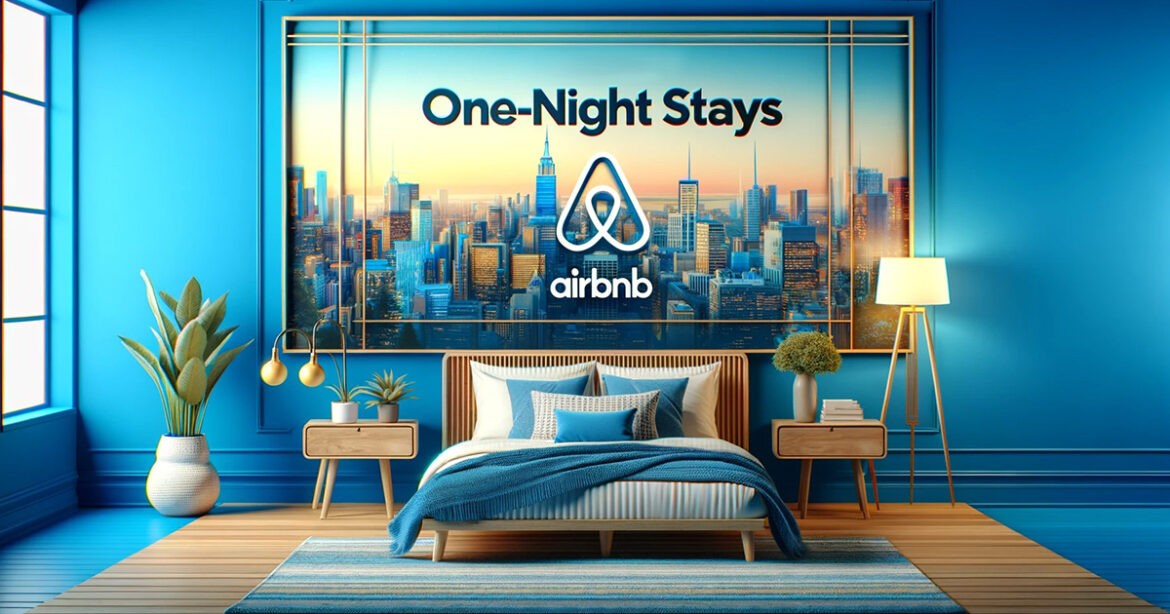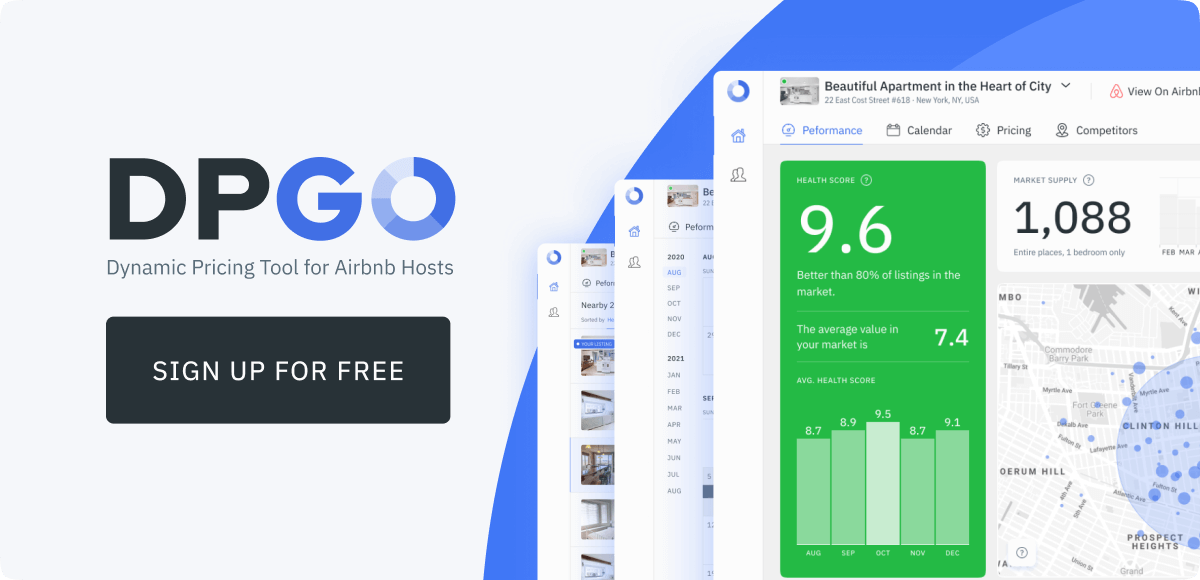Hosts can tailor their Airbnb’s stay length to suit market trends. This flexibility allows you to adapt to seasonal demands or local events that could affect your occupancy and revenue. Strategically, some hosts opt for a longer stay, while others prefer the simplicity of a “set it and forget it” policy.
Choosing the right minimum stay for your Airbnb can significantly impact your hosting success. Whether you’re drawn to a one-night stay or leaning towards longer bookings, this critical decision hinges on multiple factors.
Breaking Down Airbnb’s Nightly Minimums
When deciding between a one-night stay or two nights, consider the type of travelers likely to book your property. For those seeking a quiet place to spend the week, longer stays might be more appealing. On the other hand, short stays might attract weekend travelers searching for a room to rest.
Always assess other room availability and prices in your area to stay competitive. Owners must accept that the right choice varies; constantly update your booking terms to reflect demand and maximize your hosting potential. This strategy ensures a steady flow of guests, whether they stay for a night or a week.

Revising Minimum Stays for Maximum Gain
Adjusting your minimum stay based on data can lead to a revenue boost. It’s vital to remember that the most lucrative approach may break away from the norm, aiming to capitalize on every opportunity. When revising your strategy, focus on how guests spend their time and what makes a stay memorable. Families often search for properties that offer more than just a room but an experience.
They might prefer a longer booking to enjoy relaxed mornings and local attractions. Consider the cost implications of each arrival and departure and adjust your one-night stay policy accordingly. Paying attention to these details ensures not just more bookings, but happier guests who are likely to return to your property. This approach balances occupancy with profitability, steering your Airbnb towards more successful outcomes.

Setting Your Airbnb’s Stay Limits
To customize your Airbnb’s minimum and maximum stays:
- Access your listing on Airbnb’s website.
- Go to “Availability” and adjust your “Trip length” settings, as well as settings for weekdays, seasons, or special dates.
Remember, Airbnb prioritizes the most specific rule when overlapping requirements occur.
Trends in Minimum Night Stays
Observing and adapting to trends is crucial. While peak seasons may favor longer stays due to extended vacations, shoulder seasons might see an increase in shorter, spontaneous trips.
Understanding these patterns allows you to adjust your minimum stay requirement to suit demand. For instance, you might lower the minimum stay during slower months to attract more bookings or increase it during busy times to maximize revenue per booking.

The Upside to One-Night Stays
Logistical and Managerial Hurdles
One-night bookings, while lucrative in filling calendar gaps and appealing to a wide array of travelers, bring about specific logistical and managerial challenges. The primary issue lies in the increased operational burden, particularly for cleaning and maintenance. Each guest’s departure initiates a process of thorough cleaning, restocking, and preparing for the next arrival, which can become taxing on resources and staff.
Increased Wear and Tear After One-Night Bookings
Frequent turnover inherent in a one-night stay may escalate wear and tear on your property. This means more frequent repairs and updates to maintain a high standard for guests, potentially eroding profit margins. The sporadic nature of short stays can also disrupt the potential for longer, more stable bookings, as the calendar may appear too fragmented for guests desiring a more extended stay.
Risks of Short-Term Bookings
The attractability of one-night stays to a particular guest segment, such as those seeking venues for parties or events, poses a risk of property misuse. This necessitates a vigilant screening process and possibly stricter house rules or security deposits to safeguard your property. Communication before booking can also reveal the guest’s intentions and compatibility with your hosting rules.
Strategies for Mitigation
To mitigate these challenges, consider devising a robust operational strategy that includes efficient cleaning processes, dynamic pricing to offset the increased costs, and a well-considered policy on minimum stays. Balancing these elements can help you maintain a profitable and well-maintained Airbnb while providing a welcoming environment for guests seeking both short and longer stays.

Final Thoughts on Short-Term Bookings
Understanding Your Property’s Unique Aspects
Every property has its charm and challenges. Consider the location, size, and amenities of your property before enabling a one-night stay feature. Is it suited more for quick, frequent turnovers or longer, leisurely stays? Assess the appeal of your space to different guest demographics and tailor your booking policy accordingly.
Evaluating Turnover Management Capabilities
Scrutinize your ability to manage quick turnovers. This includes evaluating your cleaning crew’s efficiency, the speed of restocking supplies, and overall readiness for new guests. Efficient turnover management is crucial for maintaining quality and accommodating more short-term bookings.
Gauging Guest Preferences and Needs
Stay attuned to the preferences of your target guests. Are they business travelers, couples on romantic getaways, or families on vacation? Understanding what your guests value can help you tailor their experience and your booking policy to meet their expectations.
Crafting a Well-Balanced Policy
Combine your understanding of your property’s characteristics, your operational capacity, and guest expectations to develop a booking policy. This policy should not only aim to maximize occupancy and revenue but also enhance guest satisfaction and repeat business. A thoughtful, adaptable approach can elevate the guest experience while ensuring operational efficiency and profitability.
Integrating DPGO for Enhanced Management
Consider DPGO, a dynamic revenue management platform, to aid in setting minimum stay requirements. It automates pricing and occupancy strategies, making the management of one-night stays and other booking types more efficient and less burdensome.
Weighing Both Sides
Balance the advantages and challenges of short-term bookings. Using tools like DPGO can streamline your hosting experience, allowing you to effectively manage various booking types. With a thoughtful approach, even the potential drawbacks of one-night stays can be turned into opportunities, making them a valuable addition to your hosting strategy. Consider all factors to find the ideal balance for your property, ultimately enhancing your Airbnb’s appeal and profitability.





Comments are closed.